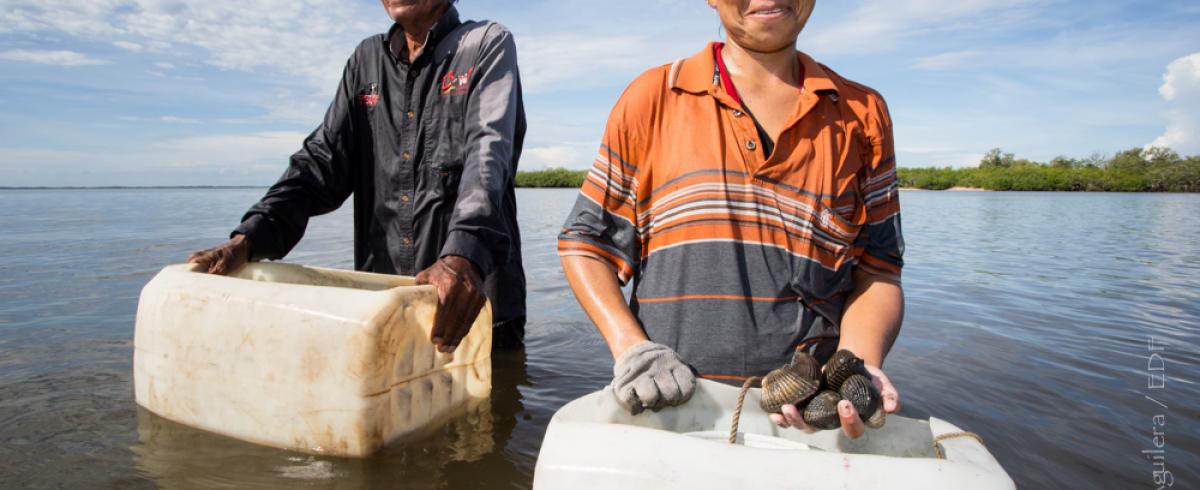Advancing Gender in the Environment: Gender in Fisheries – A Sea of Opportunity
This guide provides an overview of the unique roles and contributions women make in the wild-caught fisheries sector. The guide also explains how persistent gender inequalities limit women’s economic empowerment, and increased risks of gender-based violence negatively impact the potential of women to thrive and contribute towards strong economies.

